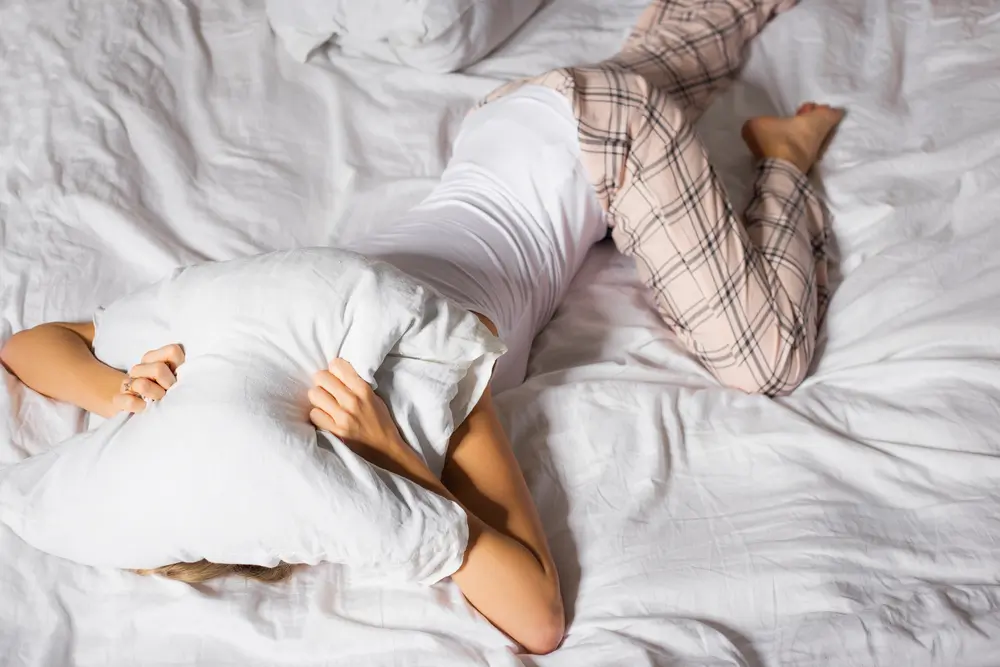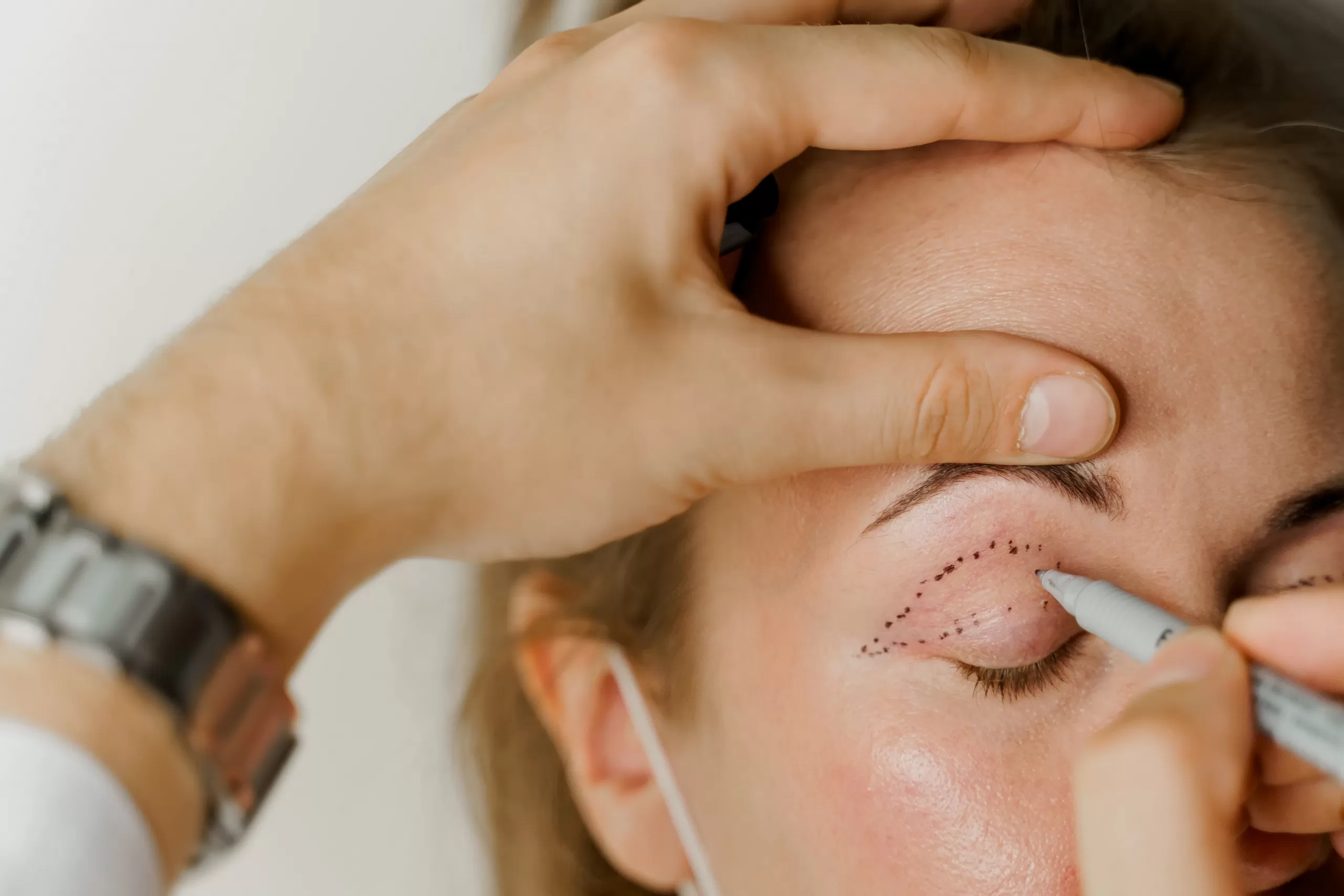Why can’t I sleep? – How to manage insomnia.
Why can’t I sleep? What is insomnia?
- Insomnia means difficulty falling asleep, staying asleep, or a tendency to wake up early in the morning and being unable to return to sleep.
- The ideal amount of sleep varies from person to person, so it’s not necessarily about hitting a certain number of hours- it’s more about sleeping enough to function well, feel rested and refreshed.
What are the causes of insomnia?
- In some cases, it’s hard to pinpoint any causes of insomnia. However, often there will be one or more underlying factors.
- If any of the following issues are present, getting appropriate treatment may improve your sleep:
- Pain (e.g. back pain, neck pain, arthritis)
- Stress
- Depression, Anxiety, or other mental health issues
- a side effect of a medication ( check the label of anything you take regularly)
- too much caffeine
- Acid reflux
- Nasal congestion due to allergies or sinus problems
- Respiratory problems such as asthma
- Obstructive Sleep Apnoea
- An overactive thyroid gland (Hyperthyroidism)
- Neurological conditions such as Parkinson’s Disease and Alzheimer’s Disease
- Restless Legs Syndrome
- Lifestyle factors
- working late into the evening
- napping during the day ( this may disrupt your natural sleep-wake cycle)
- shift work
- a tendency to regularly “sleep in” in the the mornings- it may confuse your body clock
- eating large meals late at night
- alcohol ( it might make you sleepy at first, but can disrupt the quality of sleep later through the night)
- caffeine – this can hang around in the body for many hours- it’s best to avoid caffeine from early to mid afternoon onwards.
- smoking ( nicotine is a stimulant)
- using screens before going to bed
- an uncomfortable sleeping environment- too bright, too noisy, too warm or cold etc
Treatment for insomnia
Once the long list of factors above have been appropriately treated or eliminated, the following approaches may also help:
“Sleep Hygiene” is a term used to describe an array of measures that can be taken to improve the quality of sleep. These include the following:
- Avoiding caffeine in the afternoon and evening
- Avoiding alcohol near bedtime
- Not smoking- particularly in the evening as nicotine is a stimulant
- Sleeping only as much as is needed to feel rested, and getting up at this point
- Sticking to a regular sleep schedule (the same bedtime and wake time every day)
- Avoiding hunger at bedtime
- Adjusting the levels of light, noise and temperature in your sleeping space
- Writing a list of worries, tasks and anything that can wait till tomorrow
- Exercising regularly, ideally at least four hours before bedtime
- Avoiding screens before bedtime
Alternative treatment for insomnia
Several “natural” approaches for treating insomnia exist, and depending on the underlying reasons for insomnia, may benefit some people. These include
- Relaxation therapy
- Biofeedback
- Stimulus Control
- Sleep Restriction
- Cognitive Behavioural Therapy (CBT)
- Phototherapy and Chronotherapy
- Acupressure
- Tai-chi
- Yoga
- It’s not clear if herbal remedies, aromatherapy or massage help.
Treatment for Insomnia with medication
- A variety of medicines may be prescribed if more natural approaches do not work, though most of these are only suitable for short term use.
- Benzodiazepines are sleeping tablets that cause sedation, muscle relaxation, and can lower anxiety. However, they often cause drowsiness the following day- this can affect driving safety, job performance, and decision-making ability. These drugs can also be very addictive and long term use can be harmful to health.
- Certain antihistamines are sometimes used to aid sleep, but can result in daytime sleepiness, dry mouth, blurred vision, and difficulty passing urine. Again, they are not generally suitable for long term use.
- Melatonin is a hormone that is normally produced in the brain to trigger sleep- synthetic (man-made) forms are available on prescription. Melatonin doesn’t help everyone with insomnia but may assist those who have “delayed sleep phase syndrome”, shift workers, and people who are jet-lagged.
Insomnia is common, and can be a very frustrating problem- if it’s having an impact on your day to day life , you should talk to your doctor about the causes of insomnia and treatment for insomnia.
What is a hysterectomy and when is it needed?
What is a hysterectomy and when is it needed? A hysterectomy is a surgical procedure to remove a woman's uterus (womb), usually performed by a gynaecologist. It is commonly [...]
Eyelid cosmetic surgery
Is Eyelid Cosmetic Surgery Right for You? Are your eyelids feeling heavy? Do they affect your vision, making everything blurry or giving you a sense of constant fatigue? Do [...]
How to get the most out of your doctor’s appointment
How to get the most out of your doctor’s appointment Have you had a bad experience with doctors? Are you nervous about your next doctor’s appointment? Whether you are [...]






